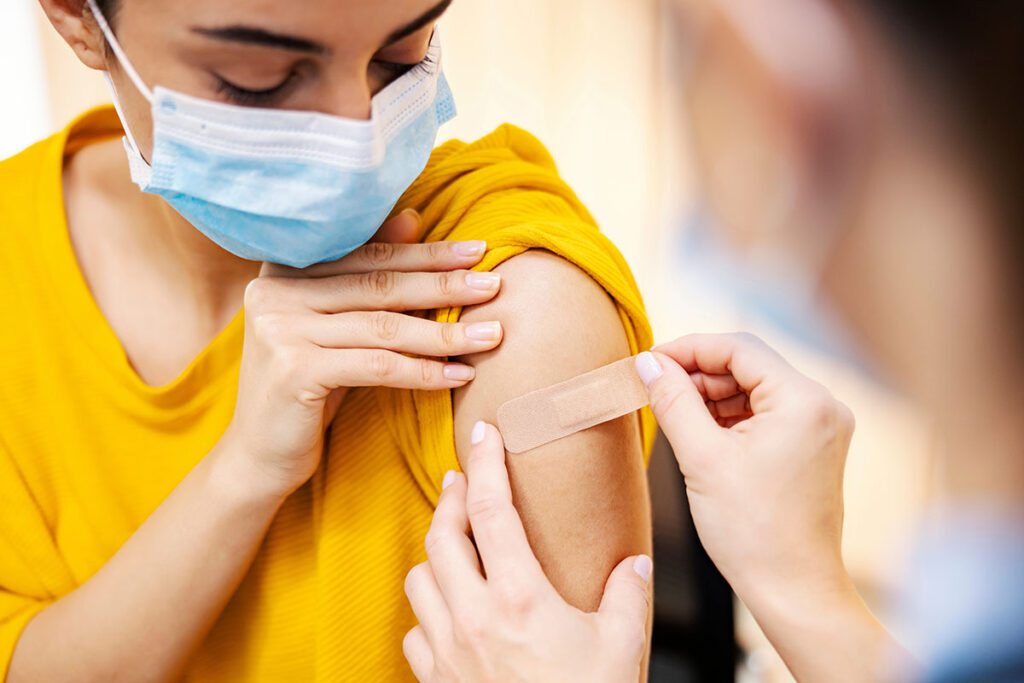- Gavi’s Pledging Summit raised over $9 billion, with new and returning donors contributing to the goal of immunizing 500 million children and averting up to 9 million deaths by 2030.
- The U.S. government under the Trump-Vance Administration has pulled all future funding, despite prior bipartisan support and evidence of Gavi’s high impact.
- This funding cut could leave 75 million children unvaccinated, with over 1.2 million potential deaths, and will hinder global outbreak preparedness.
- The decision is based on discredited claims about vaccine safety, undermining both science and the U.S.’s longstanding leadership in global health.
- U.S. public health security is tied to global immunization efforts—retreating now jeopardizes American readiness against future pandemics.
At a high-stakes pledging conference co-hosted by the European Union and the Bill & Melinda Gates Foundation, global leaders recommitted to one of the most effective tools in public health: vaccines. The Global Summit: Health and Prosperity through Immunisation raised more than US$ 9 billion in support of Gavi, the Vaccine Alliance, a bold step toward protecting half a billion children from preventable diseases between 2026 and 2030.
Yet the summit’s momentum was shadowed by a glaring absence: the United States. In a recorded message, U.S. Health Secretary Robert F. Kennedy Jr. confirmed that the Trump-Vance Administration would withdraw all future U.S. contributions to Gavi—breaking with two decades of bipartisan support and casting a cloud over global health security.
A Pivotal Moment for Immunization
The Brussels summit marked a milestone for Gavi’s “6.0” strategic period. Though the $11.9 billion USD target is not yet fully met, donors including the European Union, India, and Nigeria stepped up with robust pledges. Team Europe alone committed more than EUR 2 billion, while the Gates Foundation pledged $1.6 billion. Gavi also secured $4.5 billion in complementary financing from development institutions and over $149 million in private sector partnerships to scale innovative vaccine delivery.
The strategy will help fund critical initiatives like malaria vaccine rollouts, outbreak stockpiles for diseases such as cholera and mpox, and local vaccine manufacturing in Africa. Gavi’s new Leap reform program also promises radical operational restructuring, greater country leadership, and streamlined delivery systems—all essential for a resilient global health architecture.
U.S. Withdrawal: A Dangerous Setback
In stark contrast to the global momentum, the Trump-Vance Administration has reaffirmed its plan to end U.S. financial support for Gavi. Secretary Kennedy justified the move by questioning vaccine safety and accusing Gavi and the WHO of ignoring scientific dissent—claims widely rejected by independent experts.
Kennedy’s remarks included unsubstantiated doubts about the diphtheria, tetanus, and pertussis (DTPw) vaccine, a routine immunization that Gavi estimates has helped halve childhood mortality in its supported countries. Gavi and WHO experts maintain full confidence in the vaccine’s safety and efficacy, particularly in high-risk, low-resource settings where the benefits far outweigh any rare side effects.
Public health experts responded with alarm. Dr. Paul Offit, director of the Vaccine Education Center at the Children’s Hospital of Philadelphia, called the decision “incredibly dangerous.” Atul Gawande, former USAID global health lead, warned it would cause “hundreds of thousands” of preventable child deaths.
“To invoke misleading and inaccurate claims about vaccine safety as the pretext for cutting all global vaccine funding is cruel and reckless,” said Mihir Mankad of Doctors Without Borders.
Consequences for Global and U.S. Health Security
The U.S. has historically contributed around 13% of Gavi’s funding—second only to the UK and Gates Foundation. These investments have immunized over 1.1 billion children, prevented nearly 19 million deaths, and generated over US$ 250 billion in economic benefits globally.
Gavi also supports vaccine stockpiles essential for outbreak response—including for Ebola and cholera—and works to stabilize fragile health systems. The loss of U.S. support threatens to undermine these gains and weakens America’s own biosecurity. Pathogens do not respect borders; cutting global immunization is a false economy.
The Trump-Vance Administration’s foreign aid cuts, including the dissolution of USAID and the reorganization of global health programs under the State Department, reflect a broader retreat from science-based policy. The impact will be felt not just in the Global South, but in diminished U.S. readiness for the next pandemic.
Gavi’s replenishment summit demonstrated the global community’s enduring commitment to child health and pandemic preparedness. But it also exposed a dangerous shift in U.S. policy—one that prioritizes ideology over evidence, and isolation over solidarity. For the sake of millions of lives and global security, Congress and the broader public health community must urgently push to reverse this decision.
Sources and Further Reading


